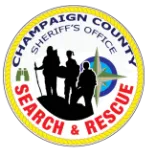
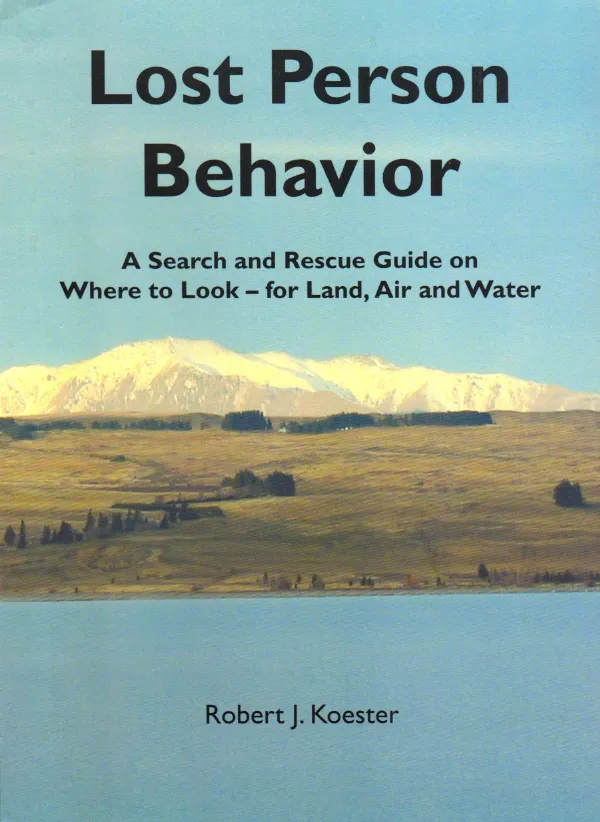
This class is based on the book Lost Person Behavior by Robert Koester. It discusses how people act when they get lost and how to use the book to help find them. It also describes Reflex Tasking, a method to get searchers into the field quickly to look for a missing person. The last half of the class looks at different subject types, such as those with autism or dementia. It discusses their typical behaviors when they are missing and the best way to search for them. This class is a must-have for all searchers. It will be extremely helpful if you are taking the Search Planning class on Saturday. Every attendee must have their own copy of the book. If you do not have it, there will be copies available for purchase at the class. The cost is $35 – cash only. There is a $10 charge for maps used in class payable with registration.
Try your hand at searching when the big light is gone. It’s a totally different environment in the dark. We will present a missing subject scenario and set up a mock search area with clues in the woods. Bring three light sources and eye protection. Dress for a search in the woods!
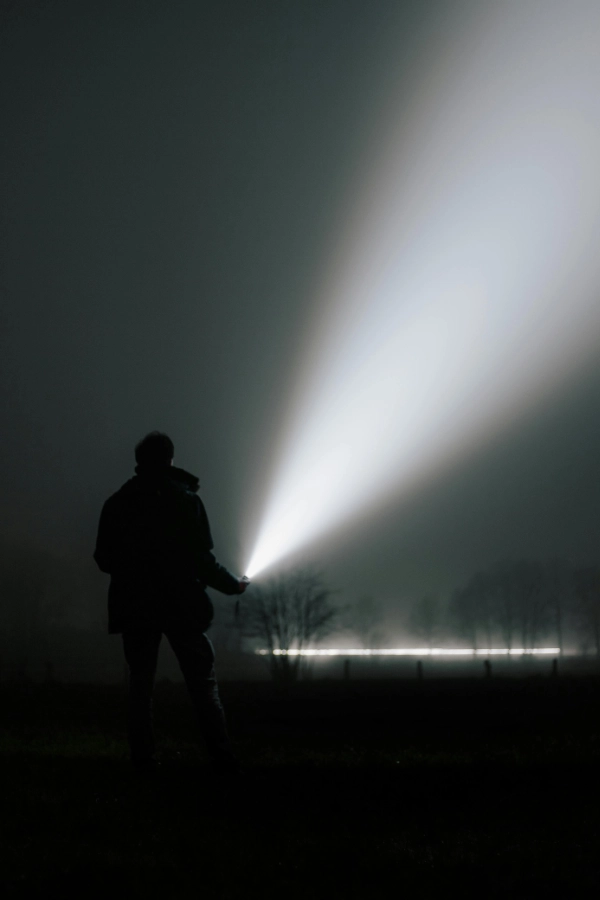
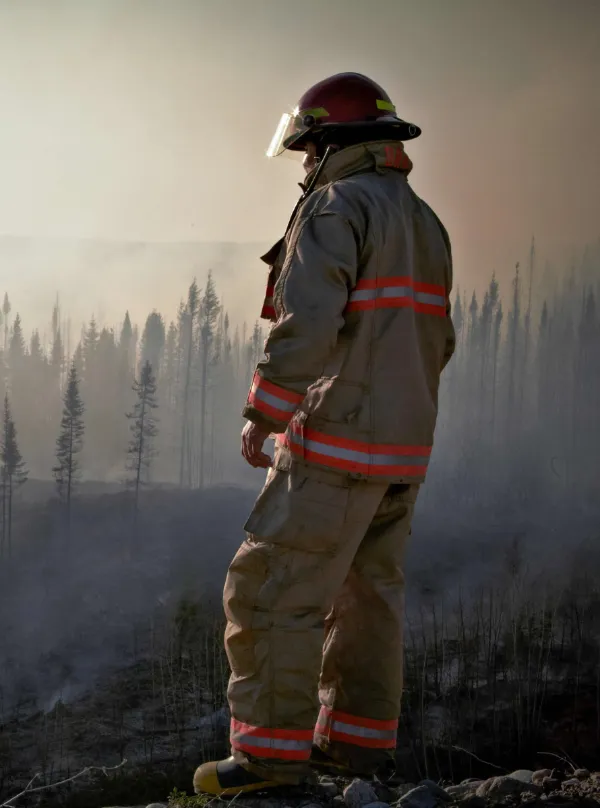
"Resilience to Rescue" will discuss strategies to manage the stressors of serving others. Most training programs will cover the skills to perform search and rescue- the goal of this presentation is to discuss the emotional toll that responders face and how to manage those feelings in a healthy manner. How do you maintain boundaries between home, work, and your volunteer service? How can you prepare yourself to be resilient in the face of the terrible things to which you may be exposed? Brian will offer strategies and tactics to prevent the need to rescue yourself based on his 35-year career as a first responder so you can "Be Prepared" to serve others for years to come.
A crew leader is a very important position on a search & rescue team. Not only do you need to know all about the art of search but also how to deal with people. As a crew leader you are a motivator, as well as a leader. You will learn some techniques of searching a segment, as well as some correction techniques when things seem to go wrong.
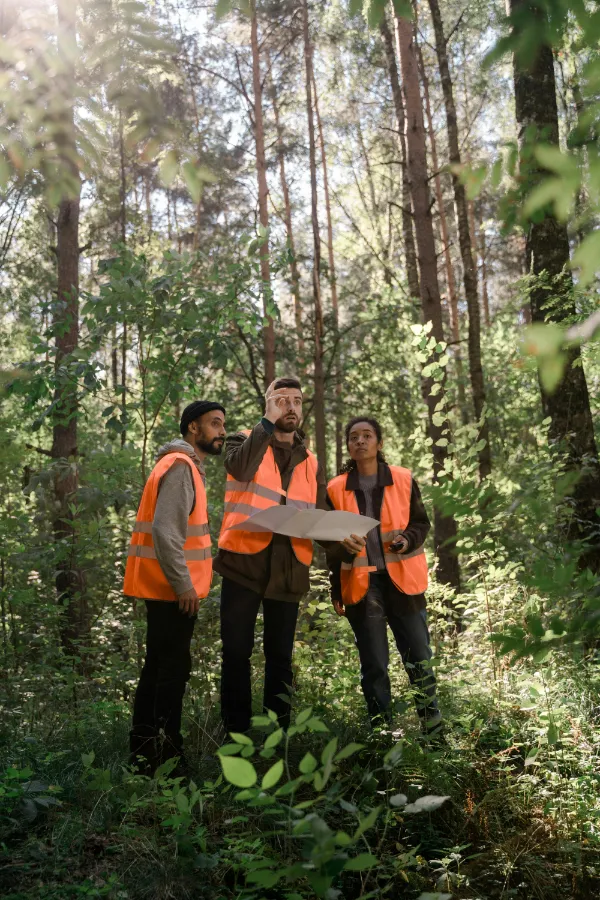

Searching in a cornfield is a totally different experience than looking for someone in the woods or a city. Your usual search tactics don’t work. This is a difficult and potentially dangerous environment. Learn about the potential hazards and how to prepare for them. Discover what techniques work, and don’t work, in a cornfield. Participants will receive a detasseling hat they can use for cornfield searches.
If an ambulance cannot get to your subject, then your team may have to transport the subject to the ambulance. You will discover how challenging it can be to transport a subject by litter. Learn how to correctly “package” the subject so that they are comfortable and to prevent further injury during transport. You will learn how to wrap the subject into the litter and the best techniques for carrying it.
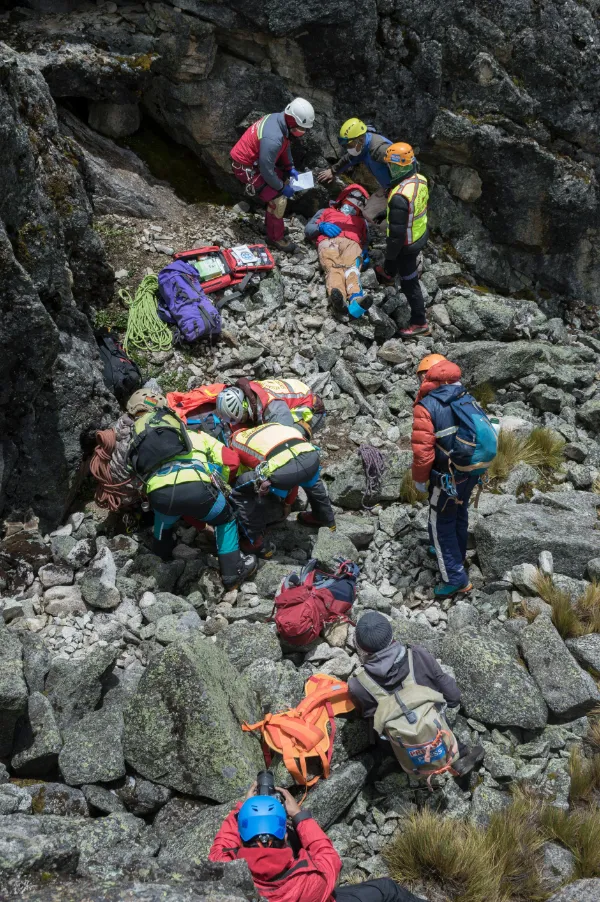
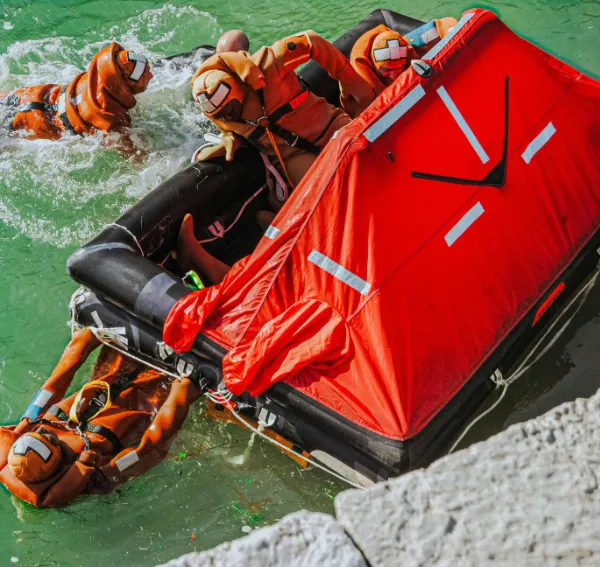
This course will teach you how to safely maneuver ground searches with water rescue & recovery. Techniques for how to organize and conduct searches along the banks of lakes and swift water will be discussed. How to safely work with dive teams and learn what to do and what not to do to make the search successful. Equipment will be discussed. Dress according to the weather. Plan to have fun and learn some important skills.
This course will discuss how to move objects with a rope or straps while searching for evidence or someone lost. Learn how to safely move objects to ensure a thorough search. It consists of basic knot tying and uses. Attendees will learn safe moving techniques using straps.
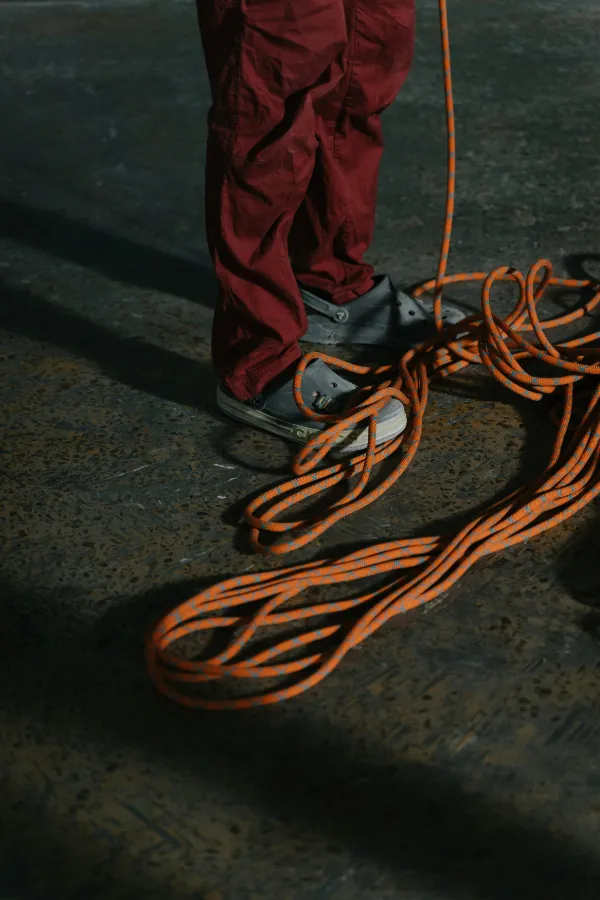
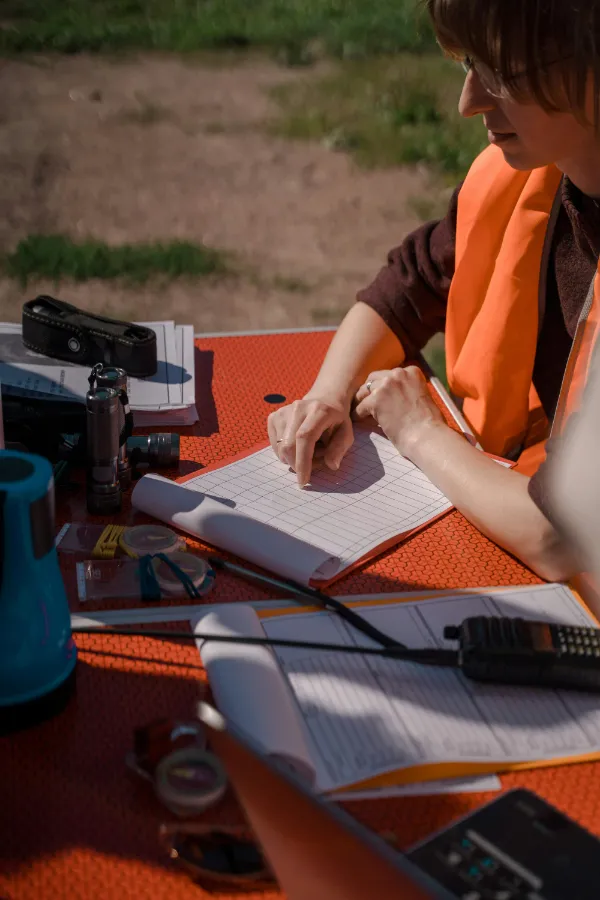
This class is designed for those in the command post figuring out where to send search teams. It starts with a quick overview of Reflex Tasking, a method to get searchers into the field quickly. Participants will then be given maps and a scenario to plan out where they would send searchers first. After this, there is another brief presentation on how to segment the map into searchable areas and how to prioritize them for the greatest chance of success. Participants will then go back to their maps, segment them, and create a prioritized list of search segments. This class is primarily hands-on and mimics how you would approach a real case. The scenario is based on an actual search. Taking the Lost Person Behavior class prior to this will be helpful as it will explain Reflex Tasking.
Brian R. Brauer is the Executive Director of Emergency Management at the University of Illinois Urbana-Champaign. There he promotes campus safety and resiliency, coordinates emergency response, and ensures continuity of operations following extreme events.
He has over 35 years of experience in public safety as a first responder and incident commander, including 22 years as an instructor and executive at a state fire academy and 23 years as a volunteer firefighter and officer. He works internationally as chair of an emergency responder accrediting body, leading the evaluation of accredited testing practices.
Brian’s work has been featured internationally in presentations and webinars, as well as in journals and government publications. He continues to study and present on the impact of culture, communication, and decision-making on leadership.
Brauer holds degrees in nursing, education, and leadership. His dissertation was a case study of a fire department that changed because of a fireground death. He lives in Urbana with his wife, Laurie. They have three adult children, two grandchildren, and 5 dogs who were on their last chance when they became Brauers. You can reach him at brbrauer@illinois.edu.
Mark Hinch has been involved in Emergency Management, and Search and Rescue topics since 2016. He has built this on top of decades of outdoors experience and leadership, primarily backpacking throughout the U.S. He is presently the Captain of the Naperville EMA SAR Unit, a member of the ISARC Training Committee, and is a Wilderness EMT.
Ellen Kuchenbrod has been a member of Champaign County Search and Rescue since it started in 2012. She currently serves as the Secretary of the Core Group, which oversees trainings and activities, as well as being a trainer for the team. She is an Instructor in the Wilderness Search and Rescue program at the Illinois Fire Service Institute (IFSI). She helped create the Awareness-Operations- and Technician-level courses offered by IFSI. She also created Wilderness Search and Rescue – Urban Emphasis which is an online class. Ellen has been a Lost Person Behavior Instructor since 2014.
Ralph Kuchenbrod is a graduate of the Alabama Fire College Wilderness Search and Rescue Technician program and is a NASAR SARTECH II. Ralph is the Program Manager for the University of Illinois/Illinois Fire Service Institute (IFSI) Wilderness Search and Rescue Program where he also teaches high-angle rope rescue. Ralph is currently serving as the training coordinator for the Champaign County Search Rescue team and is a Lost Person Behavior instructor. He is an EMT with the Tolono Fire Protection District and holds the Wilderness EMT designation through the National Outdoor Leadership School (NOLS).
Mitch Rolson is a Captain with the Cornbelt Fire Department and has been in the fire service for over 17 years. He leads the department’s Water Rescue Team and is certified as a Rescue Diver and Advanced Swiftwater Rescue Technician. Mitch has spent much of his career focused on technical rescue, especially in fast-moving and challenging water environments. He brings real-world experience and a practical, down-to-earth teaching style to his classes, helping first responders build the skills and confidence they need to stay safe and effective in the field.
Daniel R. Zaccard is Emergency Management Director for Boone County, IL and a member of the Northwestern Illinois Incident Management Team. He has more than 40 years of experience in the fire service and more than 30 years of instructional experience. He is currently an instructor with the Illinois Fire Service Institute and the National Fire Academy.
Registration for the summit is $30 and includes all class materials (except for the Lost Person Behavior book), morning and afternoon breaks, and lunch. Your registration fee is non-refundable. There is also an additional $10 fee for maps for the Lost Person Behavior Class.
A block of rooms is being held for Friday night at the Holiday Inn Express in Urbana for $119 + tax. The deadline for making reservations is October 24, 2025. Reservations may be made using the link below:
Booking Link: Champaign County SAR Summit
[Booking Link Full URL: https://www.ihg.com/redirect?path=rates&brandCode=EX&localeCode=en®ionCode=1&hotelCode=CMIIL&checkInDate=07&
checkInMonthYear=102025&checkOutDate=08&checkOutMonthYear=102025&_PMID=99801505&
GPC=SAR&cn=no&adjustMonth=false&showApp=true&monthIndex=00]
You may also call the hotel to make reservations by calling (217) 328-0328 and referencing your block name: Champaign County SAR Summit
Individual Reservation Cancellation Policy: All cancellations must be received 48 Hours in advance of arrival.
Holiday Inn Express
1003 Killarney St.
Urbana, IL.
Phone : 217-328-0328